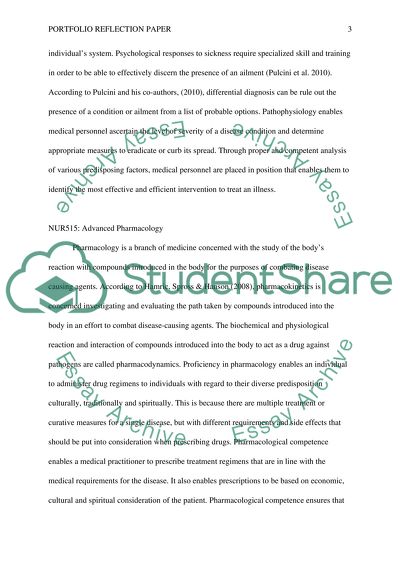Cite this document
(“Portfolio Reflection Paper Assignment Example | Topics and Well Written Essays - 1250 words”, n.d.)
Portfolio Reflection Paper Assignment Example | Topics and Well Written Essays - 1250 words. Retrieved from https://studentshare.org/nursing/1487152-portfolio-reflection-paper
Portfolio Reflection Paper Assignment Example | Topics and Well Written Essays - 1250 words. Retrieved from https://studentshare.org/nursing/1487152-portfolio-reflection-paper
(Portfolio Reflection Paper Assignment Example | Topics and Well Written Essays - 1250 Words)
Portfolio Reflection Paper Assignment Example | Topics and Well Written Essays - 1250 Words. https://studentshare.org/nursing/1487152-portfolio-reflection-paper.
Portfolio Reflection Paper Assignment Example | Topics and Well Written Essays - 1250 Words. https://studentshare.org/nursing/1487152-portfolio-reflection-paper.
“Portfolio Reflection Paper Assignment Example | Topics and Well Written Essays - 1250 Words”, n.d. https://studentshare.org/nursing/1487152-portfolio-reflection-paper.


